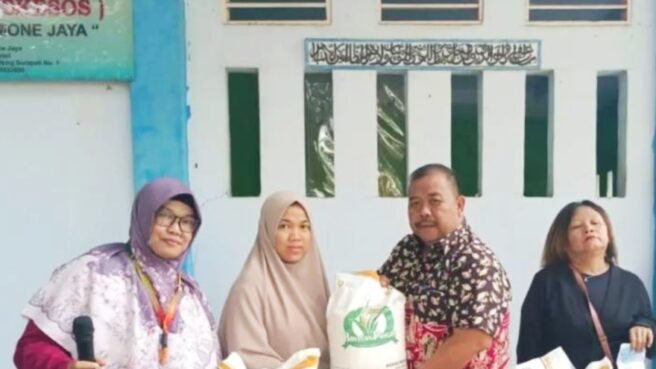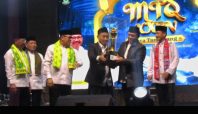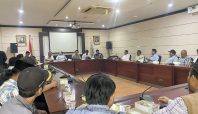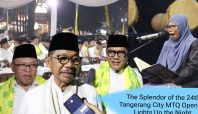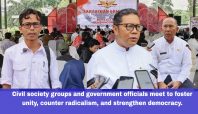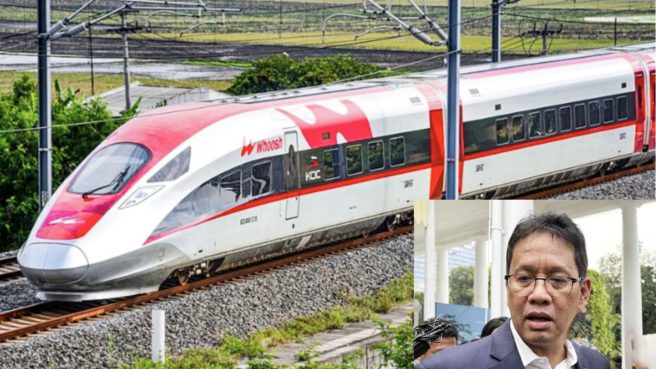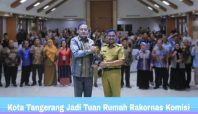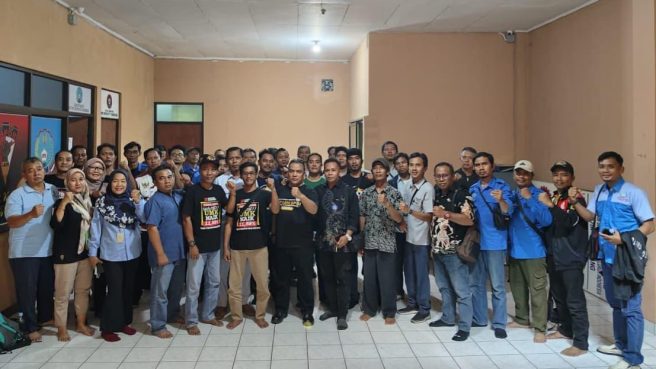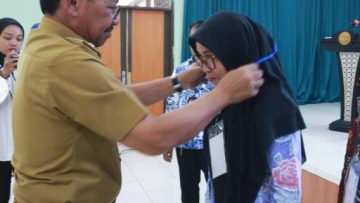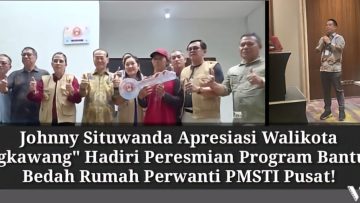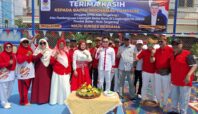Berita7 |Tangerang, Indonesia – July 24, 2025. In a bold move to protect consumers and uphold food safety standards, the City Government of Tangerang, Indonesia, has established an integrated monitoring task force to crack down on the circulation of adulterated rice in its markets. The initiative, led by the city’s Food Security Agency (DKP), was launched in response to growing concerns over rice adulteration scandals** reported in several regions across the country.
Working in close coordination with other local agencies and law enforcement authorities, the task force will intensify inspections of rice distribution chains—from storage warehouses to retail vendors, including both traditional and modern markets.
“We will not tolerate any form of fraudulent practice that harms public health and trust,” said Muhdorun, Head of Tangerang’s Food Security Agency, in an official statement on Thursday.
The task force will conduct random inspections and laboratory testing of rice samples suspected to be tampered with. If evidence of rice adulteration is found, legal action will be taken immediately against perpetrators, underscoring the city’s firm stance against food fraud.
Muhdorun emphasized that the effort is preventive in nature, aiming to ensure that Tangerang remains free from the circulation of low-quality or unsafe rice products. So far, no reports of contaminated rice have been confirmed within the city.
Beyond enforcement, the city is also launching a public awareness campaign to educate consumers on how to identify signs of adulterated rice and the importance of buying from **reputable and verified sources
Live Streaming TV7net
“Food safety is a shared responsibility,” Muhdorun stated. “By raising public awareness and encouraging vigilance, we can create a stronger defense against harmful practices in our food supply chain.”
The move has been widely praised as part of Tangerang’s broader commitment to food security, consumer protection, and good governance, especially in a time when food adulteration scandals have sparked nationwide concern.
Food fraud—including rice adulteration—remains a growing challenge globally, especially in densely populated countries where demand pressures and supply chain loopholes create opportunities for unethical profiteering. Tangerang’s initiative is being viewed as a model of proactive governance that can inspire similar actions in other cities across Southeast Asia.
As food safety becomes an increasingly vital issue amid shifting global trade and climate uncertainty, localized vigilance and regulatory cooperation, as demonstrated in Tangerang, may hold the key to restoring public confidence and ensuring sustainable food systems.




